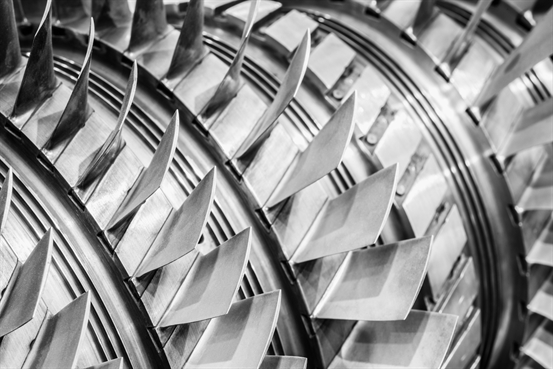It’s an exciting time for gas turbine technology. We’ve seen huge advancements in recent years and models such as the H-class are proving investment in this sector is well spent.
Aside from being more reliable, newer turbines are demonstrating greater efficiency. Needless to say, efficiency is the route to profitability, so anything that can boast better efficiency is welcome to the industry.
Unfortunately, there are several technological and environmental factors that impact gas turbine efficiency. Some can be controlled e.g. your gas turbine model and your choice of fuel, and some are out of your hands e.g. the climate and airborne contaminants.

At Rochem, we’ve helped countless gas turbine operators recover lost performance. Experience has shown that axial flow compressor deterioration during operation accounts for the major portion of gas turbine related performance loss compared to the new and clean condition. When looking at overall performance loss, approximately 70% can usually be put down to compressor deterioration due to blade fouling.
So, how can we improve efficiency, regardless of whether the gas turbine is the latest version or an older model? The answer is to tackle compressor fouling.
Read more about compromised filters and what you can do about it on our main website: https://www.rochem-fyrewash.com/news/76-why-compromised-filters-lead-to-decreased-gas-turbine-efficiency-and-what-you-can-do-about-it/
